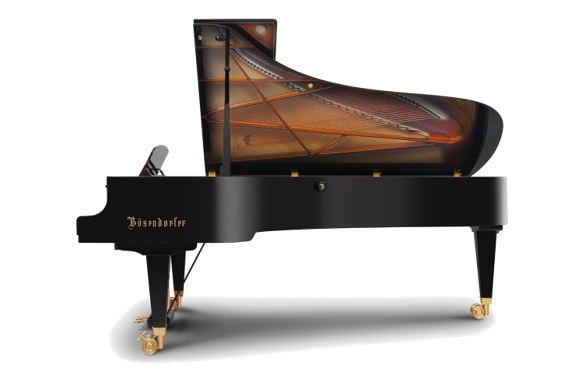Purchasing a Piano is an investment in sound, elegance, and sophistication. The right piano will create a lifetime of joy and happy memories; teaching your child to play their first instrument, practising your favourite rhythms, singing together around the piano in your home on national holidays, and a place to unwind, relax, and express yourself after a long day in the office.
When you are investing in a new piano, selecting the best fit for the person playing is important. A commonly posed question is whether to purchase Acoustic or Digital.
One of the most notable differences between the two piano types is the strings. Acoustic Pianos have real hammers that strike the strings and beautifully create the notes and chords. Once played, these strings vibrate and produce Sympathetic Resonance. Digital Pianos on the other hand use advanced technical lasers and sensors to create sound, with the notes and chords reliant on speakers to sustain that sound.
Similarities lie in the range of expressions each piano type is capable of producing. Acoustic Pianos can play a wide range of expressions and rhythms, as can Digital Pianos.
Another main difference is the lifetime expectancy of the piano. Acoustic Pianos are investment pieces, often higher in investment cost and designed to last a lifetime, passed down from generation to generation as family heirlooms with their value holding over time. Families often tell us stories of how a particular Grand Piano has been in the family for three, four, or five generations, and the many happy memories created as the family gathered around the piano at Christmas or Birthday celebrations. Digital Pianos on the other hand are designed to last a maximum range of twenty years and are continuously being replaced by new and more advanced versions. This offers a degree of technical advancement and change in the shape or style of the piano, so it is often a case of whether you are looking for the classic piano or are interested in the latest technologies made possible with a digital piano.
Due to the nature of Acoustic Pianos being generally large, heavy and grand in their style and nature, these soundpieces are generally kept in one place throughout their lifetime. Affected by climatic conditions, Acoustic Pianos are generally kept in a warm and dry room in the home, unable to be transported without great difficulty. Digital Pianos however are very transportable and can be assembled and disassembled as required with relative ease.
Digital Pianos also do not require regular tuning as this is all conducted via a computer, whereas Acoustic Pianos require a professional tuner to tune the piano at least twice a year, ensuring the very finest sound at all times when played by the musician.
Overall when purchasing a piano, musicians should consider all factors related to their investment. Where the piece will sit in the home, how often it will be played, allocated budget, and overall sound required. If your main priority is staying within a limited budget, then we would suggest investing in a Digital Piano - the leading brand is currently Yamaha. However if you can afford to really invest in a timepiece for yourself and your family, we would highly recommend a high quality Acoustic Piano. For the best of both worlds, we recommend a Yamaha or Kawai Hybrid - commonly referred to as ‘silent’ pianos, these acoustic pianos utilise the features of a digital piano, while allowing flexibility without compromising on the quality.
We are always here to discuss your specific needs and chat through any questions you might have about selecting the best piano for you. Call us on 01792 584 584, or contact us at https://www.coachhousepianos.co.uk/contact-us
Recommended
Articles
The Bösendorfer Porsche Piano: A Masterpiece of ...
Best Yamaha Upright Pianos Guide (2023)
Why We Love Sauter Pianos
Back to Blog







